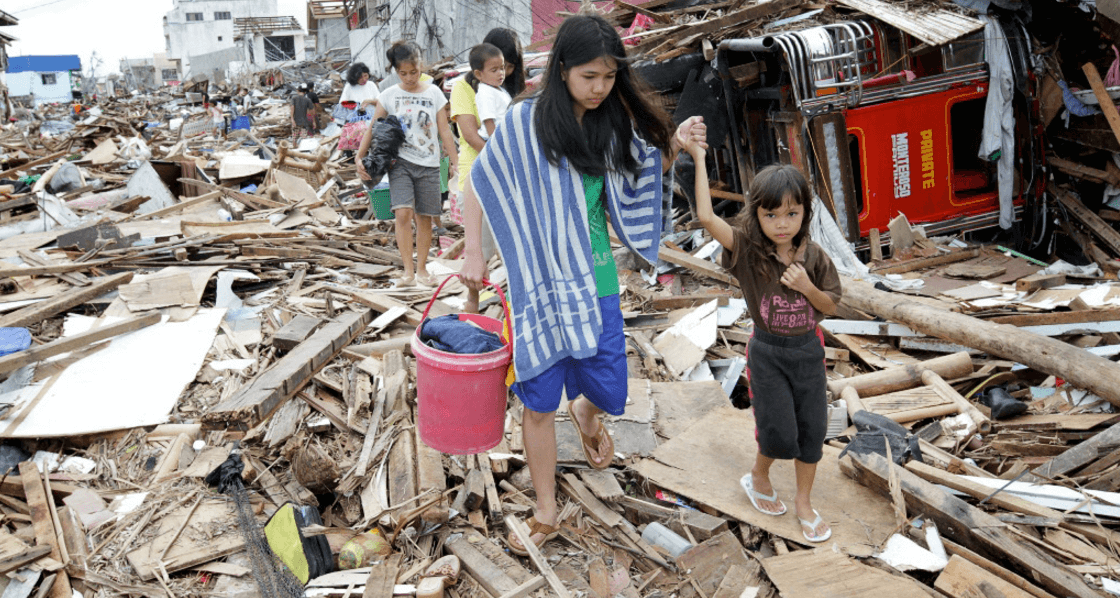The loss of talented staff from national to international organisations is a continued source of frustration for local and national NGOs in many crisis-affected countries.
To look at this issue in-depth, the Transforming Surge Capacity Project commissioned and published a report, led by CAFOD entitled Time to Move On. The report documents and analyses national NGOs' experiences of recruitment practices for surge responses by international NGOs in the Philippines.
The report found that managerial and technical field staff were considered to be the category of staff that were most frequently recruited into international NGOs and UN agencies, both because of the transferability of the skills that they have but also because they are often among the most visible to international organisations. This severely impacts the ability for national NGOs to scale up for humanitarian response.
Beyond the loss of staff, there was considerable concern expressed by national NGOs about unethical recruitment practices, often within established partnerships, such as no references requested and notice periods not being honoured.
The report developed several recommendations for the international NGO community to consider. These included: capacity building of NGOs to lead humanitarian responses including building HR capacity and developing HR systems; establishing prior agreements between international NGOs and national partners regarding the movement of staff; seconding staff from international NGOs to national NGOs to support when there are gaps; financial compensation to national NGOs if a staff member is recruited by an international organisation. A Policy to Practice paper was published which is intended to provide the humanitarian HR community with practical guidance relating to the implementation of the report’s main recommendations.
The report was presented and discussed at the project’s International HR Conference, where participants came together to share, discuss and develop good HR practice that will help transform the way surge is undertaken. Participants recommended the following actions to strengthen locally-led response and to avoid undermining the capacity and effectiveness of local and national humanitarian response:
- Establishing an HR network at the beginning of a surge response which includes both international and national organisations, who harmonise salaries and benefits being offered across the whole sector so that the INGOs do not out ‘price’ local organisations
- Briefing all staff being deployed to a surge response and who represent an international NGO, on ethical recruitment practices. i.e. The need to honour notice periods for staff moving to the INGO, taking out references, not ‘poaching’ staff etc.
Read full recommendations from the conference.

